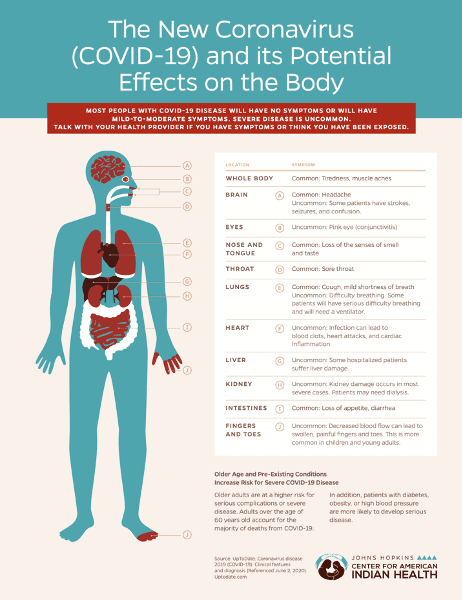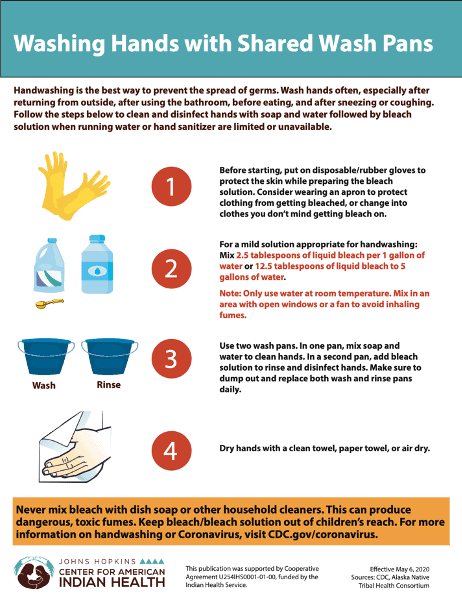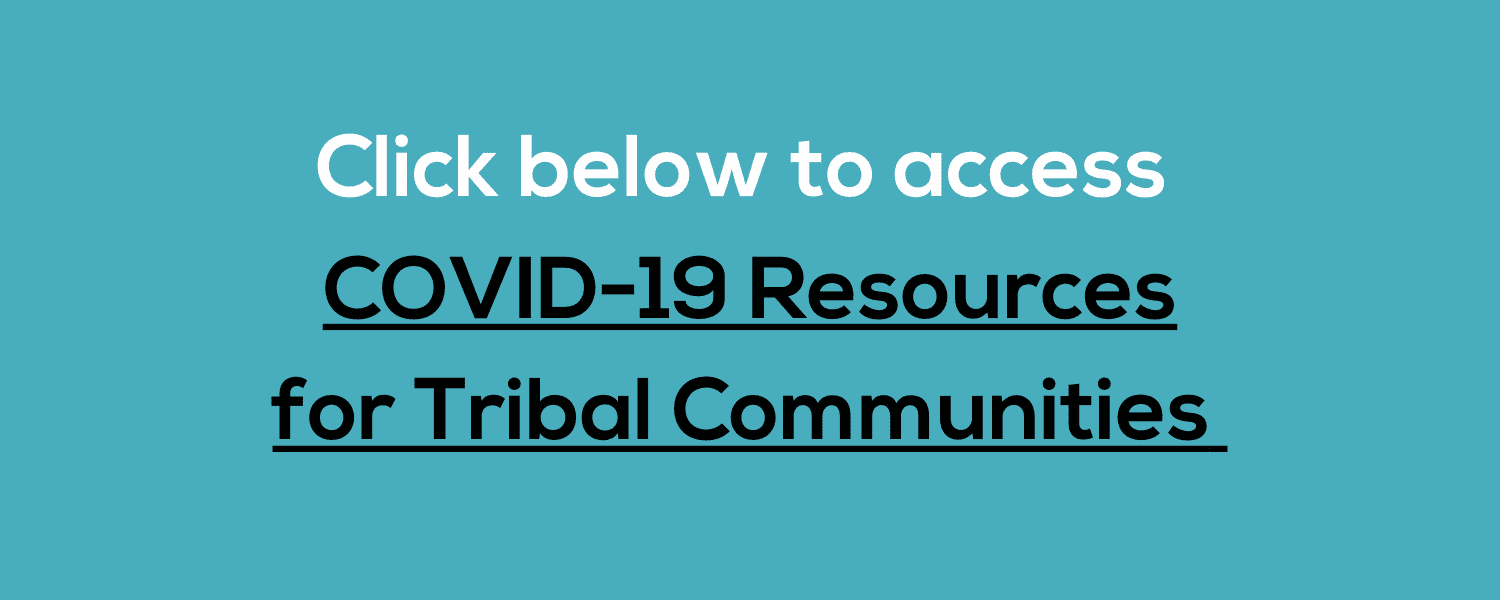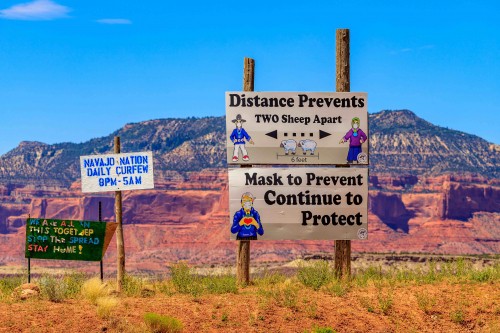
The Johns Hopkins Center for American Indian Health is thrilled to announce a new $250,000 grant from the Walmart Foundation to re-launch its critical work designing and disseminating communications materials for tribal communities at high risk for COVID-19 complications and transmission. These materials, which will address the highest-priority issues, are part of the Center’s broader COVID-19 strategy that focuses on leveraging the strengths of tribal communities across Indian Country.
The project aims to raise awareness and knowledge of COVID-19 symptoms and transmission in tribal communities across Indian Country, with the goal of mitigating the disease’s broad-based impact on physical, social, emotional, and spiritual well-being. The new materials, which will include 20 new fact sheets, 25 radio public service announcement scripts, 50 social media graphics, and five videos, will be added to the digital library of materials the Center created between March-July 2020 in partnership with the Indian Health Service.
COVID-19 prevention materials created by the Johns Hopkins Center for American Indian Health.
New Materials Focus on Urgent COVID-19 Priorities for Native Peoples
With a focus on cultural-specific language and imagery to enhance engagement and reach, these materials will cover topics such as:
-
Understanding COVID-19: how the disease affects the body and can progress.
-
Stopping the spread of disease: simple behavioral steps such as effective mask wearing, social distancing, and handwashing
-
Mental health and well-being: coping with grief, stress, stigma, survivors’ guilt, and recovery.
Importantly, this project will be directed by an advisory board of Native American community members and frontline health paraprofessionals, nurses, and physicians in order to ensure critical needs are addressed.
Native American Communities Continue to be among the Hardest Hit by COVID-19 in the United States, Reaffirming Urgent Need for Public Health Response
Native American communities have been among the hardest hit by COVID-19 in the United States, and they continue to face rising cases and death counts. Emerging data continues to show that many tribes are being disproportionately affected by COVID-19. Several tribes have disease rates more than double the U.S. average. Because people over the age of 60 are most likely to die from COVID-19, Native elders face an existential threat—threatening the continuation of Native culture.
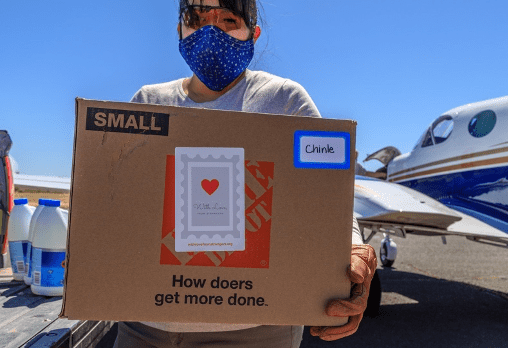
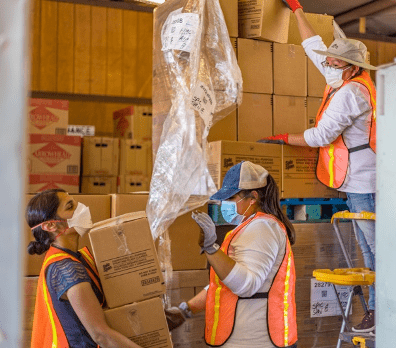
The Johns Hopkins Center for American Indian Health has delivered more than 1,800 wellness boxes with essential supplies and health communications materials to Native American families. Photos: Nina Mayer Ritchie
Prior to this pandemic, Native Americans already had higher rates of infectious disease severity and death than any other population in the U.S. Compared with the general public, Native peoples suffer from much higher rates of diabetes, heart disease, and asthma, all of which have been shown to increase the severity of COVID-19 disease and probability of death. Many Native peoples live in crowded, multi-generational homes; effective home isolation for those at highest risk is difficult.
To learn more about the initiative, contact Rose Weeks at rweeks@jhu.edu.
